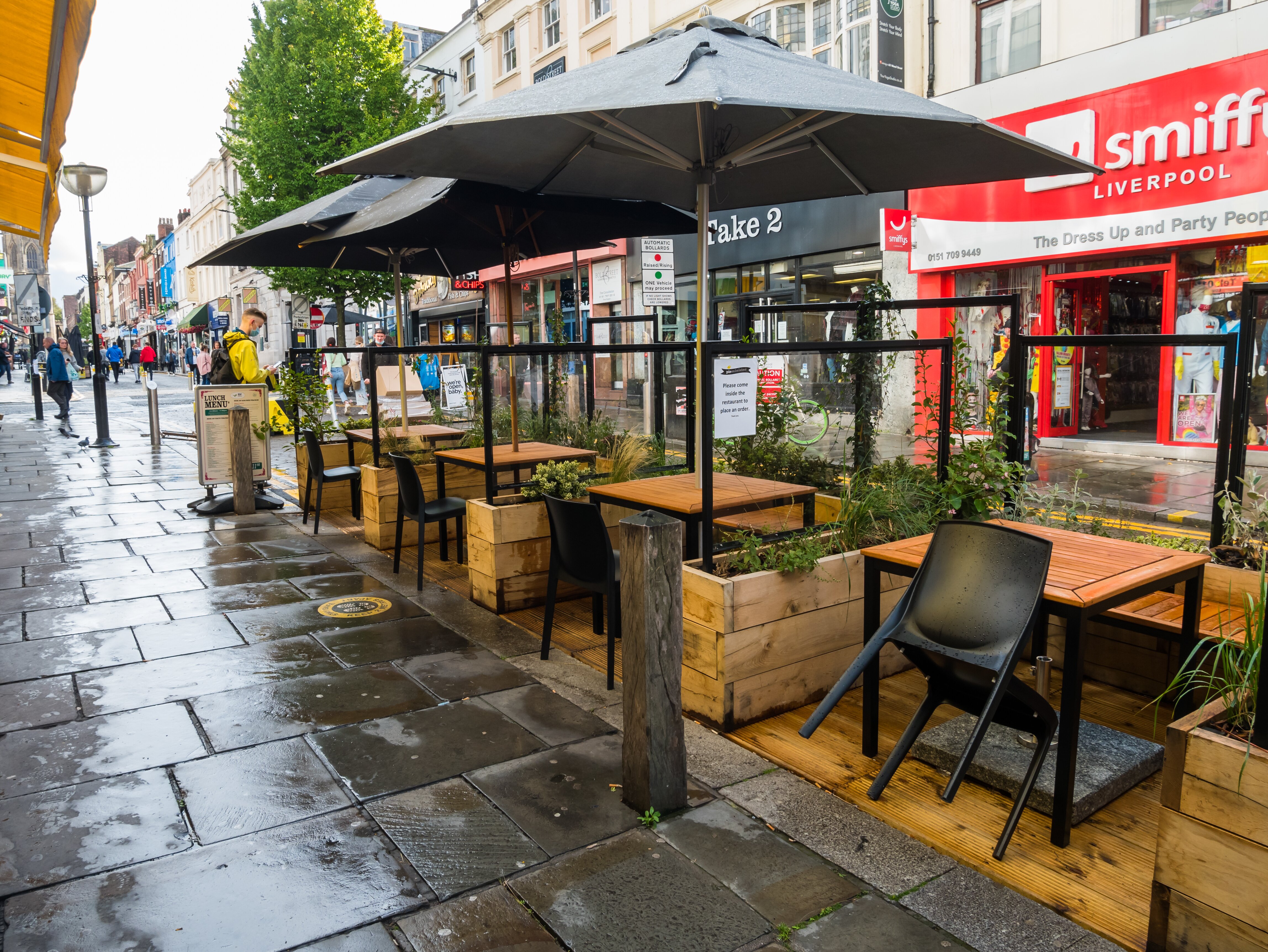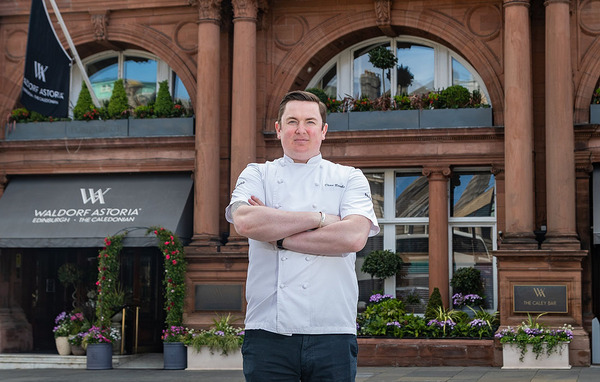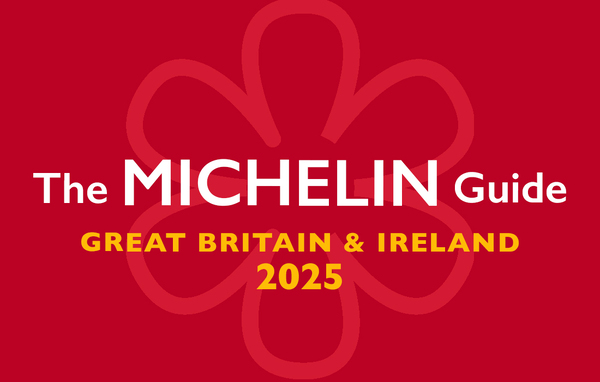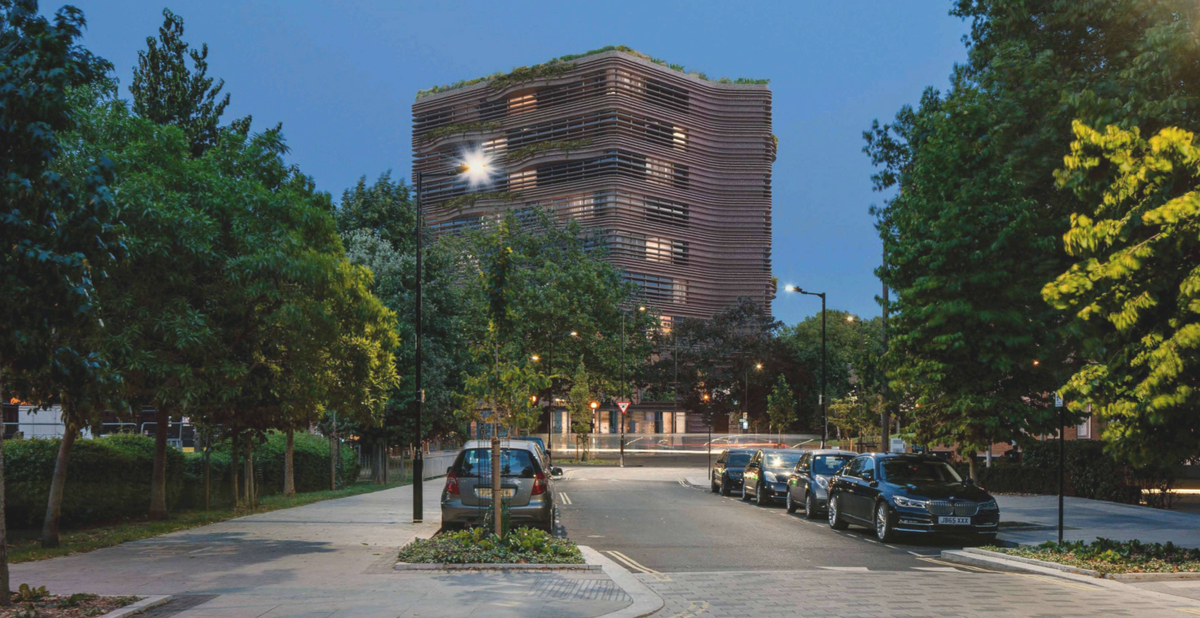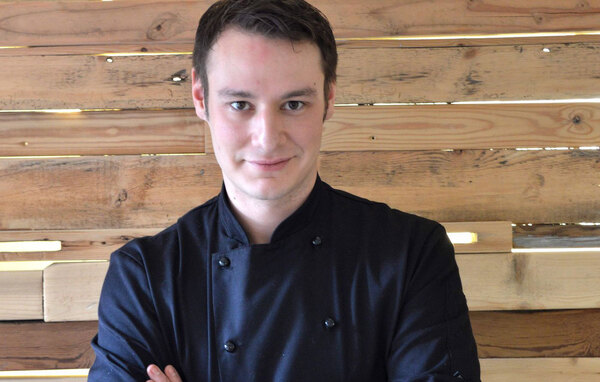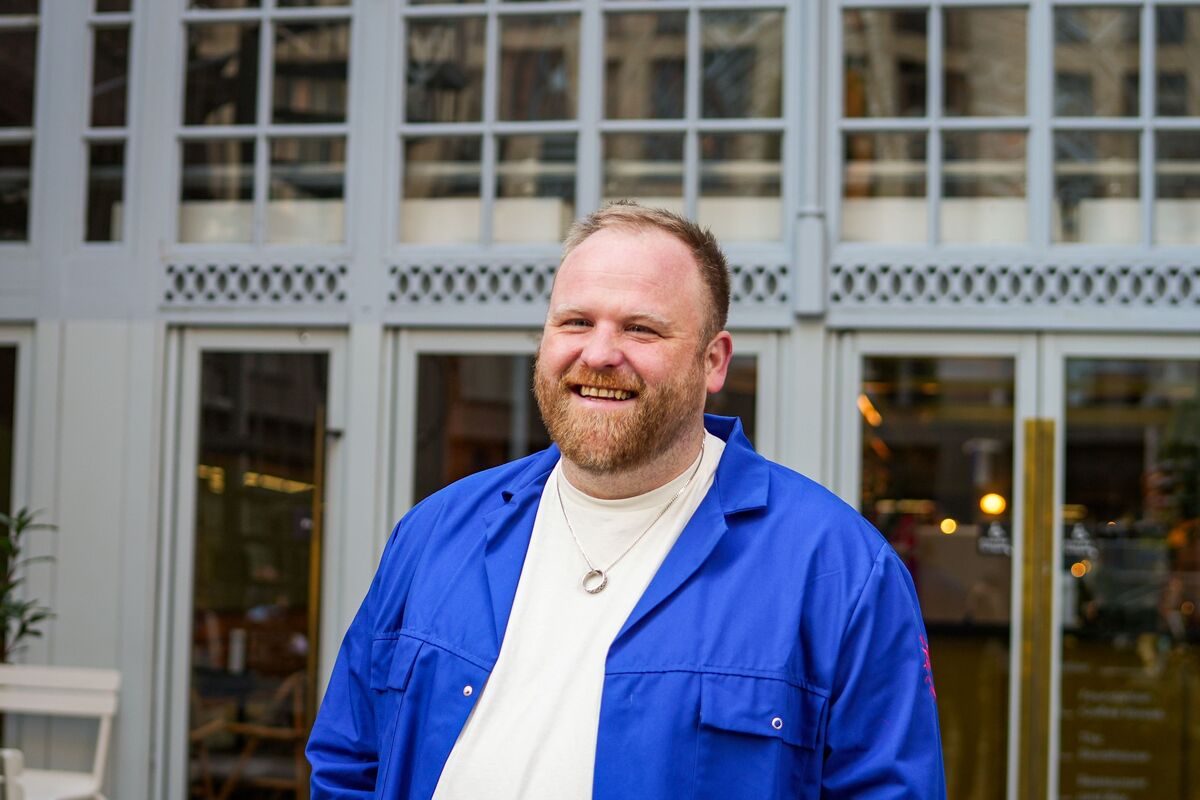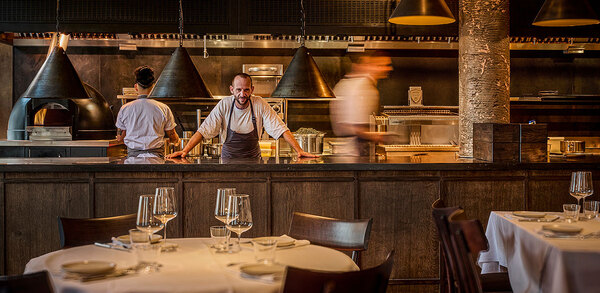Curfew sees crowds spill onto streets while operators report ‘massive reductions’ in revenue
Following the government’s imposition of a 10pm curfew on hospitality businesses last week, pictures showed unregulated crowds drinking and dancing in the streets over the weekend, while operators report “massive reductions” in revenue.
According to Springboard data, the curfew had an immediate impact. On Wednesday 23 September footfall declined by 10.5% between 10pm and 12am, and on Friday the decline over the same two hours averaged -36.4%, with a drop of -55.4% after 11pm.
Paul Foster, chef-patron of Salt in Stratford-upon-Avon, told The Caterer: “It was horrible having to cancel guests. We’re eight-course tasting menu only, so we were doing 9.15pm and 9.30pm tables and it’s a three-hour sitting. Other customers were cancelling as well, so Saturday night we had 38 booked, which was good for us and we ended up doing 22 – it’s not good.
“It hit average spend too. There were fewer people having the cheese course, hardly anyone staying for coffee and no after-dinner drinks. It’s not just losing tables, you’re losing spend off the bottom line.”
He said the restaurant was doing seven tables on its peak nights, “which we can’t survive long doing… you can’t lose money every month forever”.
Manchester mayor Andy Burnham said there needs to be an “urgent review” of the curfew, which could potentially be doing “more harm than good”.
Operators have questioned if the new measures to tackle the rise are supported by scientific evidence, particularly as Public Health England data suggested hospitality was responsible for just 22 of 772 acute respiratory infection outbreaks last week.
Meanwhile, Joanne Taylor-Stagg, general manager at the Athenaeum Hotel & Residences in London's Mayfair, said revenues at the five-red-AA-starred, 164-bedroom hotel were down 24% on the previous week.
“We haven’t had revenues this low since the last week in July,” she said on Twitter. “Curfews, restrictions, working from home all undermine confidence, that decimates revenue.”
Jackson Boxer, chef-patron of London restaurants Orasay and Brunswick House, also took to social media to say that numbers were “deeply alarming”, with “spend per head 30% down. Covers diminished by about the same”, meaning a “massive reduction” in revenue.
Cellar Bistro in St Ives, Cornwall, announced that it would close until next year. A post on the restaurant’s website said: “After having already lost 25% seating capacity on reopening, this added rule further reduces our capacity by 40%-50% and makes opening up financially unviable.
"We are a night-time venue only and daytime opening does not work for us. Added to this is the increasing pressure of being expected to police customer behaviour, something we are not prepared (and shouldn't be expected) to do.”
Photo: Shutterstock



